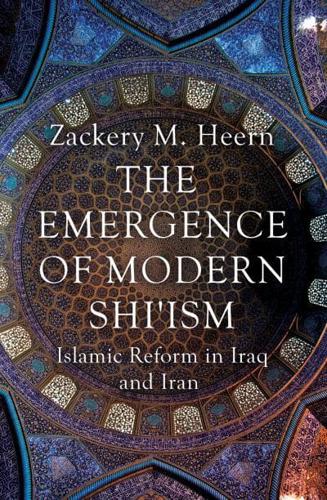Publisher's Synopsis
This book takes a fresh look at the foundations of modern Islam. Scholars often locate the origins of the modern Islamic world in European colonialism or Islamic reactions to European modernity. However, this study focuses on the rise of Islamic movements indigenous to the Middle East, which developed in direct response to the collapse and decentralization of the Islamic gunpowder empires. In other words, the book argues that the Usuli movement as well as Wahhabism and neo-Sufism emerged in reaction to the disintegration and political decentralization of the Safavid, Ottoman, and Mughal empires.
The book specifically highlights the emergence of Usuli Shi'ism in the eighteenth and nineteenth centuries. The long-term impact of the Usuli revival was that Shi'i clerics gained unprecedented social, political, and economic power in Iran and southern Iraq. Usuli clerics claimed authority to issue binding legal judgments, which, they argue, must be observed by all Shi'is. By the early nineteenth century, Usulism emerged as a popular, fiercely independent, transnational Islamic movement. The Usuli clerics have often operated at the heart of social and political developments in modern Iraq and Iran and today dominate the politics of the region.
















